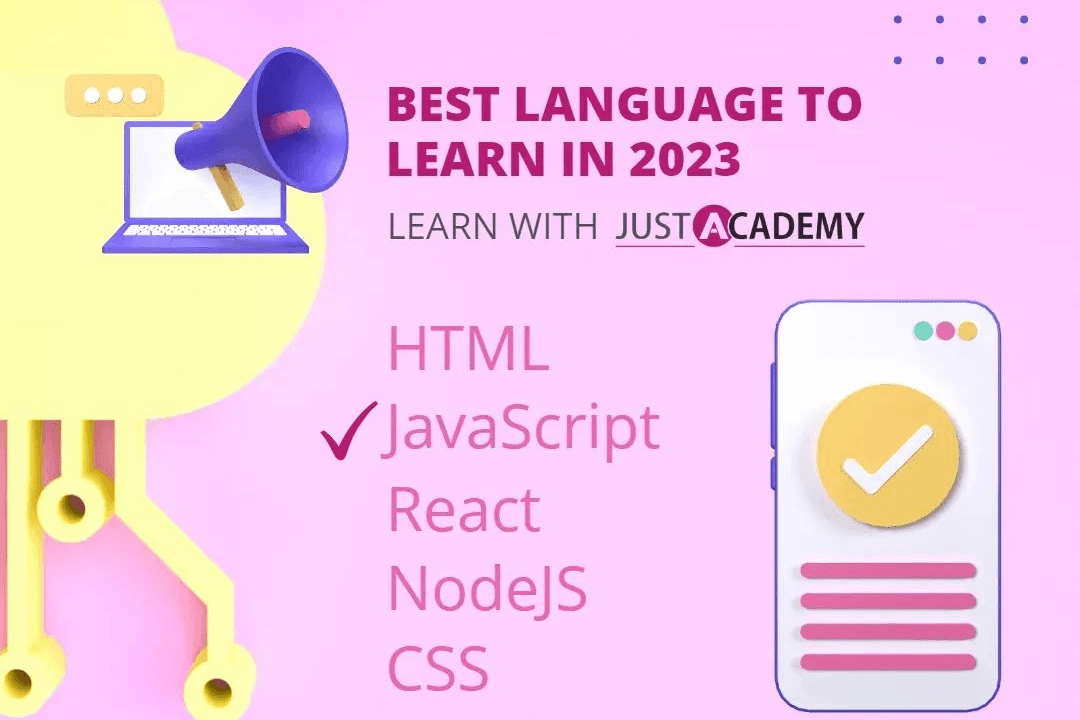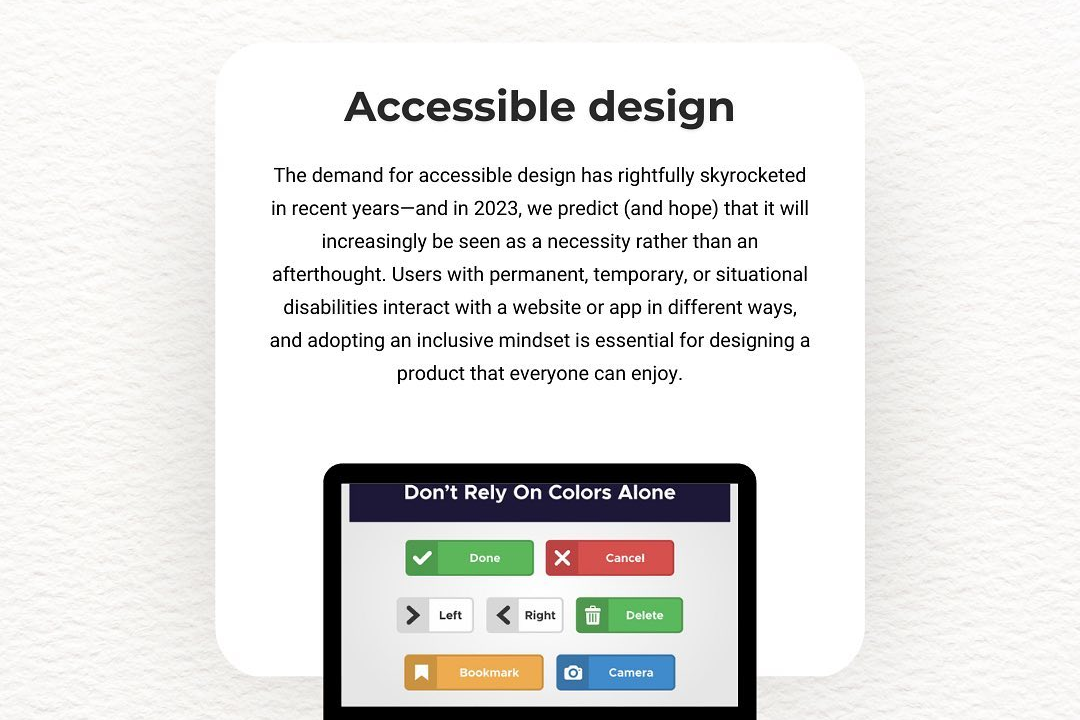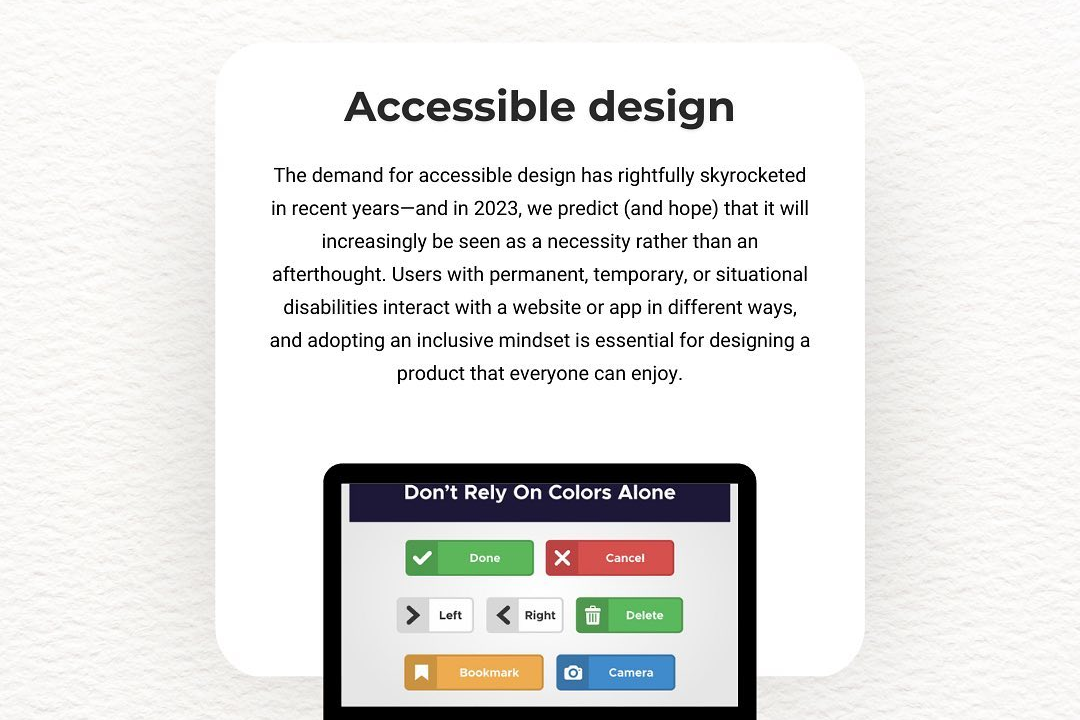iOS Audio Programming
iOS Audio Development Techniques
iOS Audio Programming
iOS audio programming leverages a variety of frameworks and tools provided by Apple to create and manage audio experiences within applications. The primary framework for handling audio is AVFoundation, which allows developers to play, record, and process audio with extensive functionality, including support for various audio formats and advanced features like audio mixing and real-time processing. For more complex audio applications, developers can utilize Core Audio, which offers low-level access to audio hardware and is ideal for high-performance audio processing. Furthermore, frameworks like AudioKit simplify many aspects of audio programming by providing a higher-level interface for synthesizers, effects, and analysis. Developers can also implement features like background audio playback and spatial audio using UIKit and related APIs. Overall, iOS audio programming provides a rich set of tools to create immersive and interactive audio experiences across devices.
To Download Our Brochure: https://www.justacademy.co/download-brochure-for-free
Message us for more information: +91 9987184296
1 - Introduction to iOS Audio Frameworks
Understand the different audio frameworks available in iOS, such as AVFoundation, AudioKit, and Core Audio. Learn what each framework is used for and their key features.
2) Setting Up the Development Environment
Guide students through the installation of Xcode and the setup of a basic iOS project, including how to enable audio capabilities in an app.
3) Basic Audio Concepts
Introduce fundamental audio concepts such as sound waves, frequency, amplitude, and digital audio representation. Discuss the difference between analog and digital audio.
4) Playing Audio with AVFoundation
Hands on practice on how to play audio files using the AVAudioPlayer class. Students will learn about loading audio files and controlling playback.
5) Recording Audio with AVAudioRecorder
Teach students to record audio using the AVAudioRecorder. Cover permissions, audio session management, and saving recorded files.
6) Understanding Audio Sessions
Learn how to manage audio sessions in iOS. Discuss how to configure the audio session for playback, recording, and mixing audio.
7) Manipulating Audio with AVAudioEngine
Explore the use of AVAudioEngine for real time audio processing. Introduce concepts such as nodes, audio mixing, and effects.
8) Using Audio Effects and Mixers
Teach how to apply audio effects, such as reverb and equalization, using AVAudioUnit and AVAudioMixing for enhancing audio tracks.
9) MIDI and iOS
Understand the integration of MIDI (Musical Instrument Digital Interface) in iOS apps. Learn about handling MIDI data and connecting with external MIDI devices.
10) Introduction to Core Audio
Discuss the Core Audio framework for developers needing low level access to audio data. Detail how it differs from higher level frameworks.
11) Audio File Formats and Conversion
Cover various common audio file formats (such as MP3, WAV, AAC) and how to handle audio file reading and writing in iOS.
12) Implementing Background Audio
Learn how to support background audio playback in iOS apps and the necessary configurations for keeping audio running when the app is in the background.
13) Using AudioKit for Advanced Audio Processing
Introduce AudioKit as a powerful alternative for building audio applications. Showcase its capabilities for synthesis, processing, and utilities.
14) Audio Synthesis Techniques
Explore basic synthesizer concepts and create simple synthesizers using AVAudioEngine or AudioKit, understanding waveforms and sound generation.
15) App Store Guidelines for Audio Apps
Review Apple’s App Store guidelines specific to audio applications, covering best practices for design, functionality, and user experience.
16) Testing and Debugging Audio Apps
Discuss strategies for testing audio applications, including handling audio interruptions and debugging common audio issues.
17) Case Studies of Popular Audio Apps
Analyze successful audio apps on the App Store, discussing what makes them effective and learning points for students' projects.
18) Final Project: Build an Audio App
Assign a final project where students design and develop their own audio app, integrating the knowledge and skills acquired throughout the training program.
Each of these points can be expanded further based on the student's knowledge level and course duration, providing a robust framework for an iOS audio programming training program.
Browse our course links : https://www.justacademy.co/all-courses
To Join our FREE DEMO Session: Click Here
Contact Us for more info:
- Message us on Whatsapp: +91 9987184296
- Email id: info@justacademy.co












